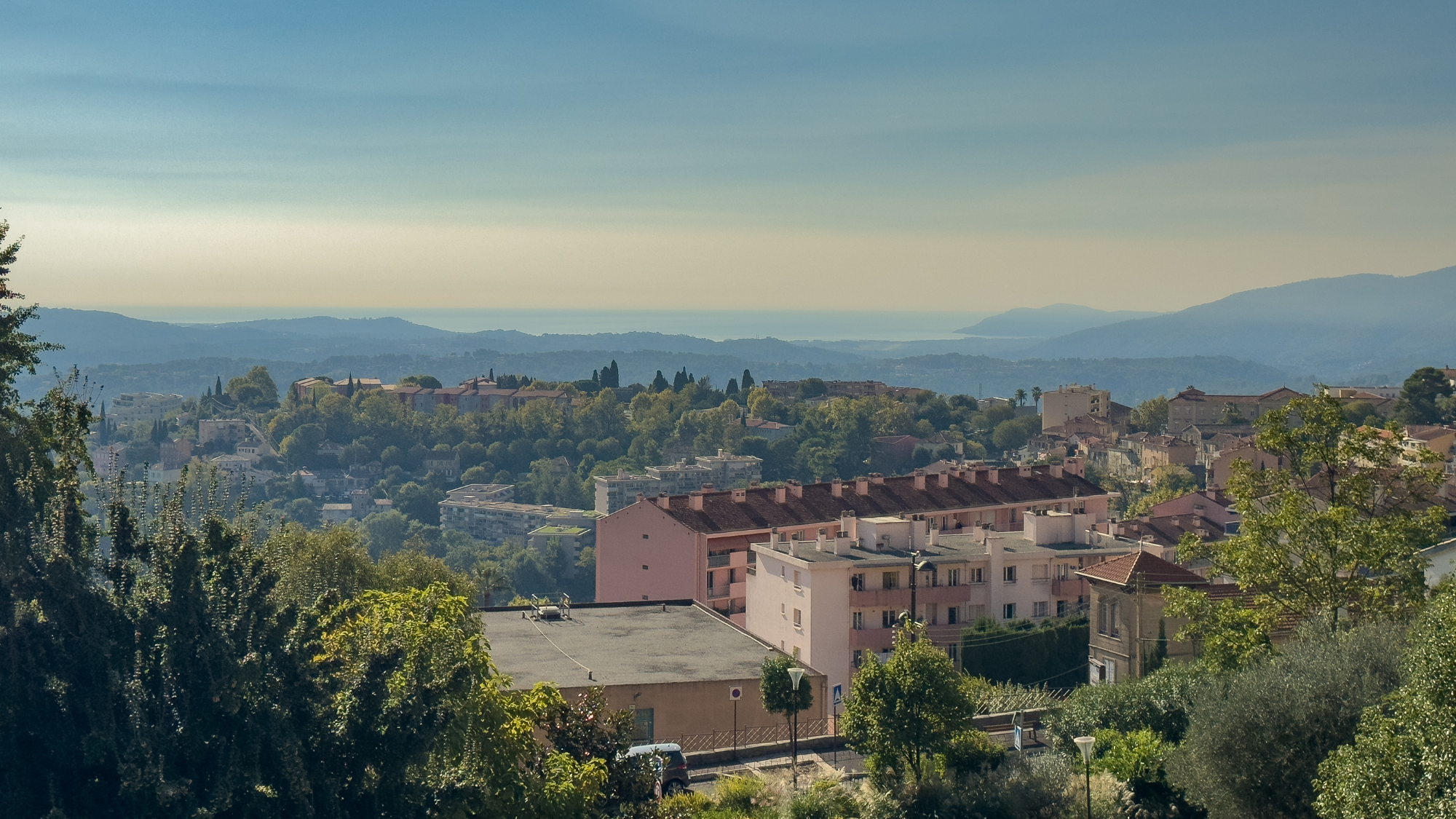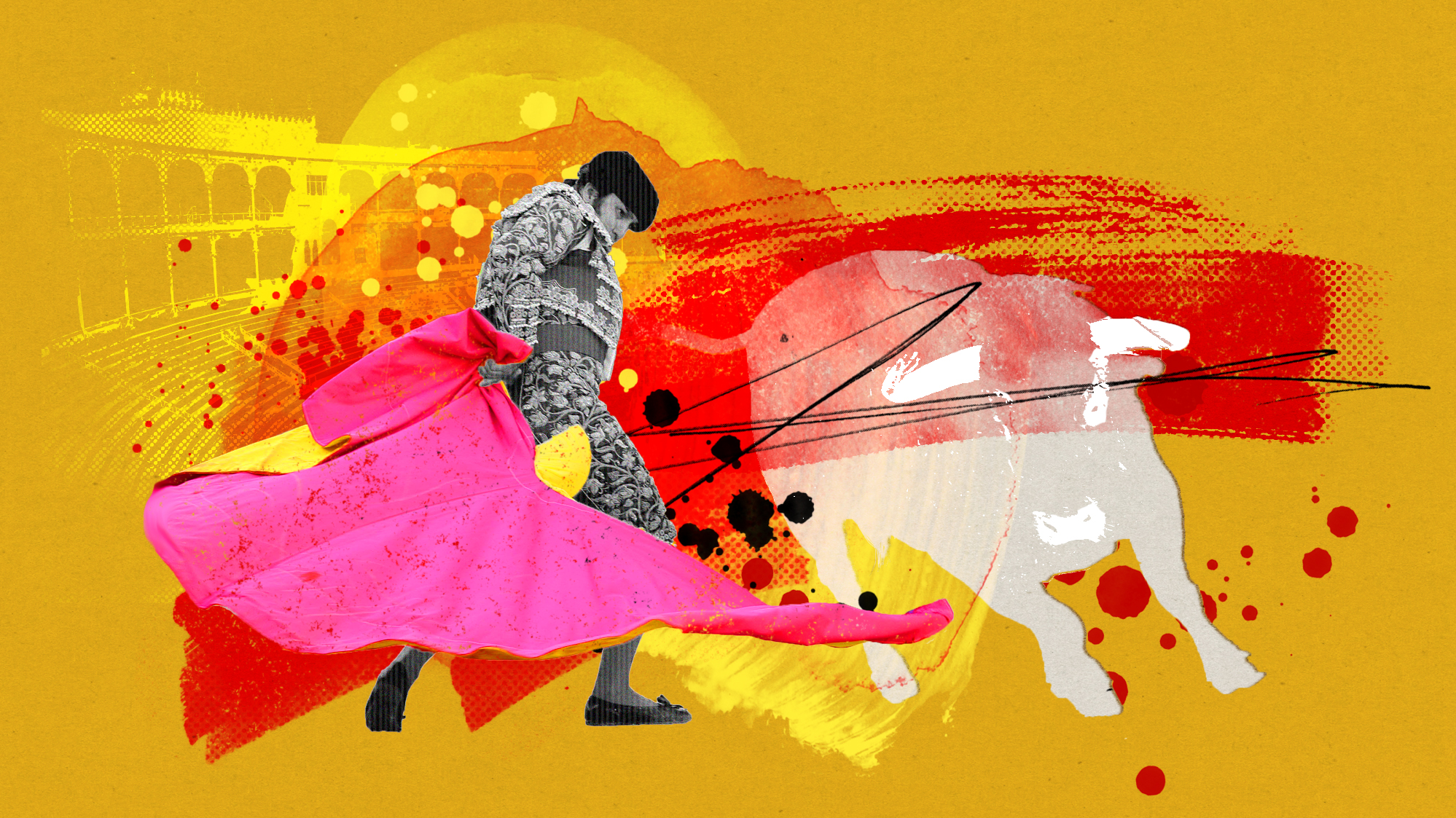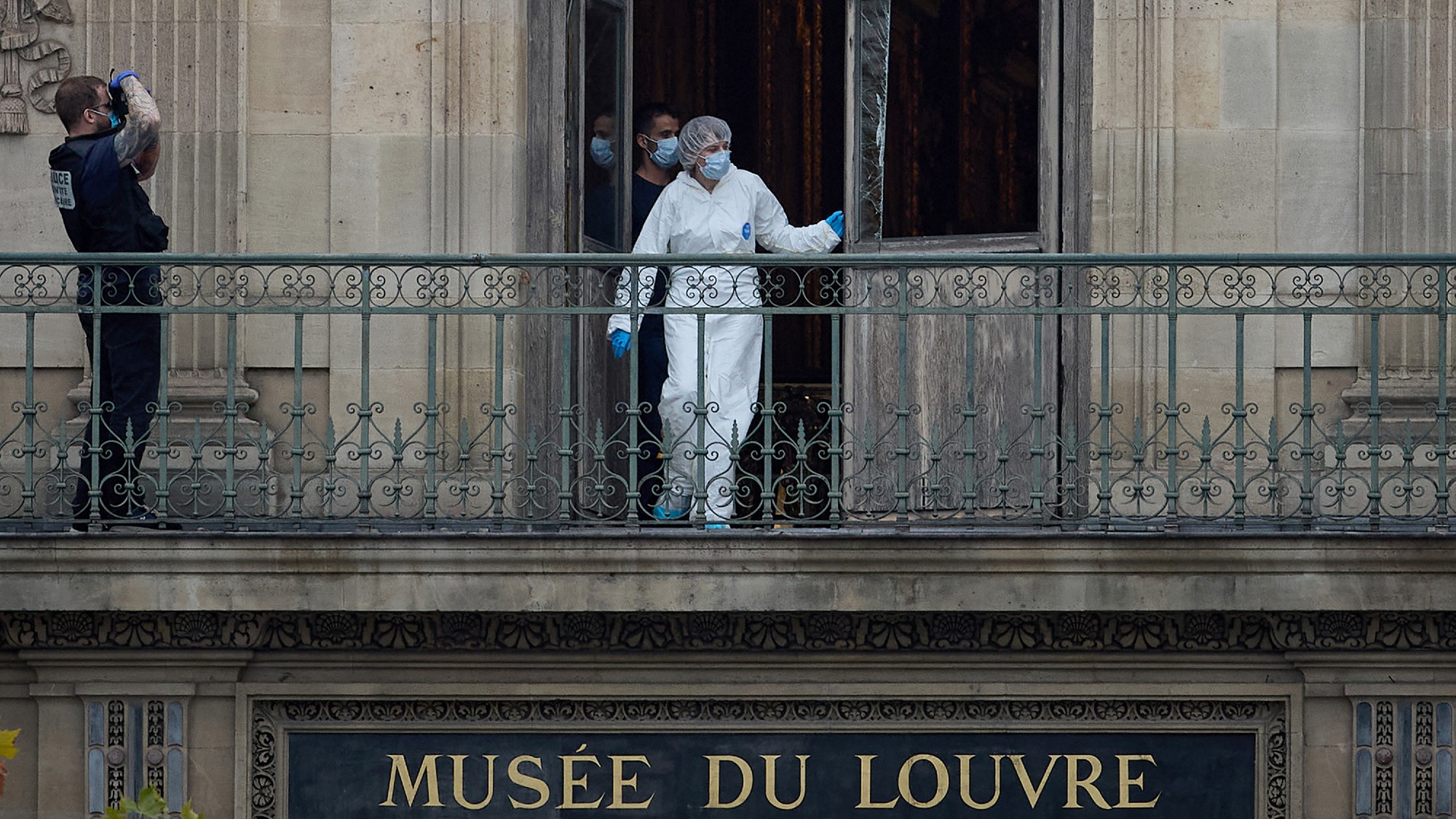Picasso 50 years on: can art be separated from artist?
Spanish painter's alleged misogyny casts a shadow over exhibitions marking half-century anniversary of his death

A free daily email with the biggest news stories of the day – and the best features from TheWeek.com
You are now subscribed
Your newsletter sign-up was successful
Exhibitions across Europe and beyond honouring Pablo Picasso on the 50th anniversary of his death have triggered fresh debate about the Spanish artist’s treatment of women.
A total of more than 40 exhibitions are being staged in Picasso’s home country and other nations ranging from France, Germany and Monaco to the US, as part of a year-long programme of events celebrating the Cubism pioneer, who died on 8 April 1973 at the age of 91.
But amid increasing focus on his attitudes to women, whom he described as either “goddesses or doormats”, Picasso’s misogyny now threatens to “endanger his legacy”, said arts critic Alastair Smart in The Independent.
The Week
Escape your echo chamber. Get the facts behind the news, plus analysis from multiple perspectives.

Sign up for The Week's Free Newsletters
From our morning news briefing to a weekly Good News Newsletter, get the best of The Week delivered directly to your inbox.
From our morning news briefing to a weekly Good News Newsletter, get the best of The Week delivered directly to your inbox.
‘What level of impurity won’t we tolerate?’
Personal criticisms of Picasso have been fuelled by unflattering biographies released in recent decades, amid an increasing backlash against toxic masculinity.
In June 2021, an art professor staged a protest at Barcelona’s Picasso Museum with female students, wearing T-shirts that read: “Picasso, women abuser.”
Unveiling a programme of anniversary events organised by Spain and France, where Picasso lived for many years, the French minister of culture, Rima Abdul Malak, acknowledged that there were “many debates” surrounding the artist and his relationships with women. “To lead the younger generations towards his art, we must give them the keys to understanding his work [and] life,” Malak said.
Such arguments “pre-empt any criticism that, in a post-#MeToo age, 2023’s programme amounts purely to adulation”, said Smart in The Independent. But the reality is that Picasso was a “serial philanderer”, a sadomasochist who was involved with a 17-year-old when he was 45 and who was cruel and allegedly violent towards women – although “only psychological violence has been factually documented”.
A free daily email with the biggest news stories of the day – and the best features from TheWeek.com
“Moral purity isn’t a requirement for making art,” Smart added, ”but what level of impurity won’t we tolerate?”
The charges against Picasso are “too numerous to itemise”, said arts writer Florence Hallett in The New European, but “the artist had an Old Testament approach approach to visiting the perceived sins of his wives and lovers on their children”. After Françoise Gilot, Picasso’s partner of ten years, published a tell-all memoir titled Life with Picasso in 1964, he “barred their children, Claude and Paloma, from his house, seeing them only rarely thereafter”.
The artist’s granddaughter Marina Picasso claimed that he “thrived on the suffering of those who loved him”.
“He needed blood to sign each of his paintings: my father’s blood, my brother’s, my mother’s, my grandmother’s, and mine,” she wrote in her 2001 book Picasso: My Grandfather.
‘Too big to fail’
Our society has “a long tradition of allowing male genius carte blanche”, said Hallett in The New European, but “Picasso’s work is surely unique in being granted a moral integrity that defies our knowledge of the man”.
Yet this work, said Smart in The Independent, “has always been inextricably entwined with his life story”.
Picasso described his canvases as “the pages of my diary”. According to art scholar Rose-Maria Gropp, one of his most famous paintings exemplifies his contempt for women.
“It’s simply inconceivable to think of a painting as catastrophic as the 1907 Demoiselles d’Avignon without aggression on the part of its creator,” Gropp, author of upcoming book Goddesses and Doormats: the Women and Picasso, told Deutsche Welle.
“That Picasso was misogynistic is not really in doubt,” said The Washington Post’s Sebastian Smee. Misogyny is a “symptom of a narrow, thwarted imagination,” , and while Picasso’s intelligence was “immense and wide-ranging”, Smee wrote, “he made his art narrower, less interesting, by turning so much of it into a bizarrely obsessive index to the churning hysteria of his ambivalence toward women”.
Yet some critics have argued that Picasso was deliberately casting a spotlight on wider attitudes to women. John Richardson, a friend and biographer of Picasso, argued that the artist was interrogating “the atavistic misogyny toward women that supposedly lurks in the psyche of every full-blooded Andalusian male”.
Smee conceded that the “age-old war” between the sexes is “a legitimate subject of art”, but debate continues about Picasso’s true intent.
Either way, said Hallett in The New European, an artist “so ubiquitous as Picasso, whose work and actions span an entire century”, can ultimately withstand such “robust interrogation”.
He is simply “too big to fail”, and “that makes him the ideal artist to subject to a radical feminist re-evaluation”.
Harriet Marsden is a senior staff writer and podcast panellist for The Week, covering world news and writing the weekly Global Digest newsletter. Before joining the site in 2023, she was a freelance journalist for seven years, working for The Guardian, The Times and The Independent among others, and regularly appearing on radio shows. In 2021, she was awarded the “journalist-at-large” fellowship by the Local Trust charity, and spent a year travelling independently to some of England’s most deprived areas to write about community activism. She has a master’s in international journalism from City University, and has also worked in Bolivia, Colombia and Spain.
-
 Switzerland could vote to cap its population
Switzerland could vote to cap its populationUnder the Radar Swiss People’s Party proposes referendum on radical anti-immigration measure to limit residents to 10 million
-
 Political cartoons for February 15
Political cartoons for February 15Cartoons Sunday's political cartoons include political ventriloquism, Europe in the middle, and more
-
 The broken water companies failing England and Wales
The broken water companies failing England and WalesExplainer With rising bills, deteriorating river health and a lack of investment, regulators face an uphill battle to stabilise the industry
-
 The rise of runcations
The rise of runcationsThe Week Recommends Lace up your running shoes and hit the trails on your next holiday
-
 A long weekend in Fontainebleau
A long weekend in FontainebleauThe Week Recommends Less than an hour from Paris, this historic town is perfect for a short break
-
 Disney bets big on AI, but not everyone sees a winner
Disney bets big on AI, but not everyone sees a winnerTalking Points The company will allow users to create their own AI content on Disney+
-
 A scenic road trip in the French Riviera
A scenic road trip in the French RivieraThe Week Recommends The mild climate of the Côte d’Azur makes it ideal for shoulder season
-
 Spaniards seeing red over bullfighting
Spaniards seeing red over bullfightingUnder the Radar Shock resignation of top matador is latest blow in culture war over tradition that increasingly divides Spain
-
 From Da Vinci to a golden toilet: a history of museum heists
From Da Vinci to a golden toilet: a history of museum heistsIn the Spotlight Following the ‘spectacular’ events at the Louvre, museums are ‘increasingly being targeted by criminal gangs’
-
 Cyrano de Bergerac: a ‘huge-hearted’ production
Cyrano de Bergerac: a ‘huge-hearted’ productionThe Week Recommends This ‘playful’ and ‘poignant’ rendition brings new life to the ‘gilet-sporting, verse-spouting’ titular soldier
-
 ‘Hypocrisy’ and ‘blackmail’: Ryanair’s feud with Spain
‘Hypocrisy’ and ‘blackmail’: Ryanair’s feud with SpainUnder the Radar Bitter row over rising fees sees the Irish budget airline slash a million seats on regional routes this winter